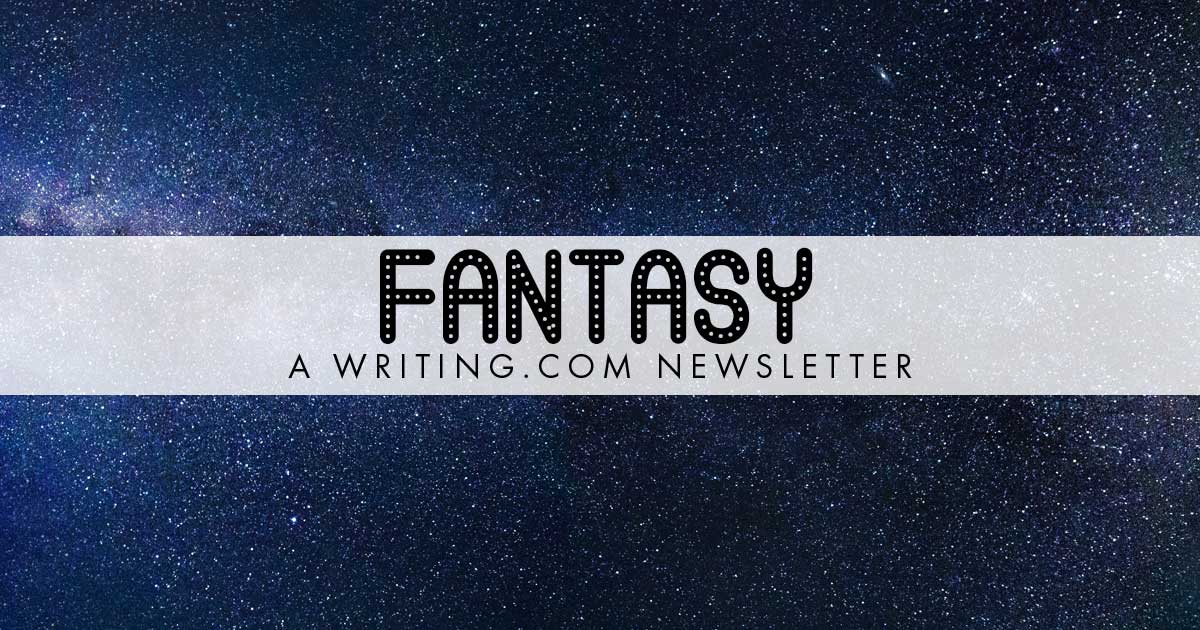This week: Bang! Bang! Bangsian! Edited by: Jayne  
More Newsletters By This Editor 
![Table of Contents [#401437]
Table of Contents](https://www.Writing.Com/main/trans.gif) ![Table of Contents [#401437]
Table of Contents Table of Contents](/main/images/action/display/ver/1709303267/item_id/401437.png)
1. About this Newsletter
2. A Word from our Sponsor
3. Letter from the Editor
4. Editor's Picks
5. A Word from Writing.Com
6. Ask & Answer
7. Removal instructions
![About This Newsletter [#401439]
About This Newsletter](https://www.Writing.Com/main/trans.gif) ![About This Newsletter [#401439]
About This Newsletter About This Newsletter](https://www.writing.com/main/images/action/display/ver/1709303676/item_id/401439.png)
| Hi! I'm your guest editor today! You'll normally find me hiding out in mystery and contests & activities. |
![Letter from the editor [#401442]
Letter from the editor](https://www.Writing.Com/main/trans.gif) ![Letter from the editor [#401442]
Letter from the editor Letter from the editor](https://www.writing.com/main/images/action/display/ver/1709303784/item_id/401442.png)
When the fantasy genre comes up, most people think of lush forests and epic quests. Sometimes we lean toward the urban setting and the paranormal. We sometimes forget there's a bunch of little subgenres out there, often because most of them fall close enough to the major genre/subgenres and it's too much hassle to classify everything all the time. Yet every now and then, there's one so specific, you really can't call it anything else.
Welcome to Bangsian fiction.
This genre was named for John Kendrick Bangs, after his 1895 publication A House-Boat on the Styx. This is one of those cases where he popularized the genre, and so got his name attached to it, but this type of story existed well before it became "Bangsian". I'm sure it really ticked off some other authors. Perhaps they still complain about it in the afterlife.
According to Project Gutenberg, the ultimate definition isn't a single thing, but instead a combination of commentary. To be Bangsian, the work must:
 focus on important literary and historical personalities focus on important literary and historical personalities
 set such characters in the afterlife, namely, Hell set such characters in the afterlife, namely, Hell
 have slender, uncomplicated plot lines have slender, uncomplicated plot lines
 be humorous be humorous
 involve "genial adventures" involve "genial adventures"
The easiest way to describe Bangsian fiction is through his own writing: A House-Boat on the Styx is full of real, but dead, characters, and he uses a fair bit of creative license with their personalities. One figure finds himself the riverboat's janitor. Shakespeare may or may not have used ghostwriters. Hamlet, Moses, and Washington make appearances. There's twelve stories in all, and a sequel, where a famous sea-captain isn't allowed membership on the boat.
Bangsian fantasy differs from Posthumous Fantasy, mostly because the literary world is complicated, but also because PF is a tale of a deceased soul on a journey of discovery, often not even knowing they're dead, and resolving the issues around that unfortunate tidbit of info. Alright, maybe it's not complicated. They're completely different, so don't get it twisted.
A more modern take on Bangsian fiction is The Heroes in Hell series by Janet Morris (et al.), first started in 1986. The main concept? A bunch of historical figures meet up in Hell and pick up where they left off on Earth. While Goodreads reviews vary, one reviewer sums up why the hardcore fans love the books: "How did this book happen? It's too stupid and too awesome to be real." Originally ending in 1989, its popularity resulted in Morris resurrecting the series in 2011. It's also a great example of knowing your audience. The reviews clearly show you can't please everyone, but you can certainly develop a dedicated following if you find your calling.
After all, there's nothing wrong with writing (or loving) a good, if possibly weird, niche. |
![Editor's Picks [#401445]
Editor's Picks](https://www.Writing.Com/main/trans.gif) ![Editor's Picks [#401445]
Editor's Picks Editor's Picks](https://www.writing.com/main/images/action/display/ver/1709303830/item_id/401445.png)
| |  | Invalid Item 
This item number is not valid.
#2252854 by Not Available. |
Want to find contests?
| | Contest Clues  (E) (E)
List of WdC Writing Contests, Challenges, Activities. Clues To What's Open, What's Closed!
#2221492 by 🐕GeminiGem🎁   |
|
![Word From Writing.Com [#401447]
Word from Writing.Com](https://www.Writing.Com/main/trans.gif) ![Word From Writing.Com [#401447]
Word from Writing.Com Word from Writing.Com](https://www.writing.com/main/images/action/display/ver/1709303874/item_id/401447.png)
Have an opinion on what you've read here today? Then send the Editor feedback! Find an item that you think would be perfect for showcasing here? Submit it for consideration in the newsletter!
https://www.Writing.Com/go/nl_form
![Ask & Answer [#401448]
Ask & Answer](https://www.Writing.Com/main/trans.gif) ![Ask & Answer [#401448]
Ask & Answer Ask & Answer](https://www.writing.com/main/images/action/display/ver/1709303902/item_id/401448.png)
![Word from our sponsor [#401440]
Word from our sponsor](https://www.Writing.Com/main/trans.gif) ![Word from our sponsor [#401440]
Word from our sponsor Word from our sponsor](https://www.writing.com/main/images/action/display/ver/1709303724/item_id/401440.png)
| ASIN: B07RKLNKH7 |
Product Type: Kindle Store
|
Amazon's Price: Price N/A
|
|
![Unsubscribe [#401452]
Removal Instructions](https://www.Writing.Com/main/trans.gif) ![Unsubscribe [#401452]
Removal Instructions Removal Instructions](https://www.writing.com/main/images/action/display/ver/1709303960/item_id/401452.png)
To stop receiving this newsletter, click here for your newsletter subscription list. Simply uncheck the box next to any newsletter(s) you wish to cancel and then click to "Submit Changes". You can edit your subscriptions at any time.
|
